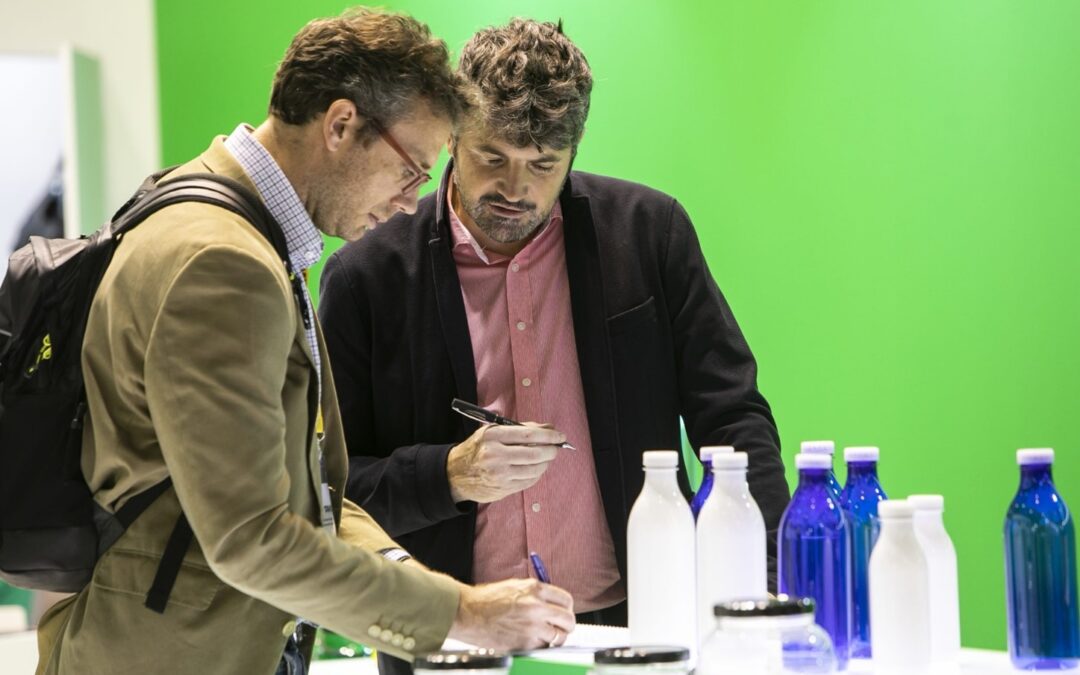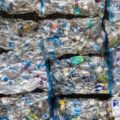The packaging industry in Spain breaks through the ceiling
The Spanish packaging industry has reached record levels in its turnover, according to the Hispack 2024 study. The packaging industry has grown significantly, with a 22% increase in turnover and an 8.3% increase in the number of companies to 3,447. In addition, this sector employs 118,500 people, which represents 5.12% of employment in the industry.
The report entitled “The packaging industry in Spain: committed to sustainability”, prepared by the consulting firm marketAAD, was updated in 2024 and presents a complete assessment of the sector, including its main figures and lines of development. This report demonstrates the strength of the industry in a challenging political and economic context, marked by constraints on certain raw materials, rising energy prices, high inflation and recent regulatory changes to promote sustainable development in packaging.
According to the different types of industry, most of the registered companies are engaged in the manufacture of plastic containers and materials (900), followed by paper and cardboard (710), packaging machinery (615), wooden containers (702) and manufacturers of equipment for marking, labeling and coding products (301). Also on the list are manufacturers of metal containers (165), glass (40), cork stoppers (12) and other materials (2).
If we look at the distribution of companies in the sector, we can see that Catalonia has the majority with 30%. Other important regions include Comunidad Valenciana (18%), Comunidad de Madrid (10.31%), Andalucía (9.72%) and Murcia (6.3%). Although it is worth mentioning that Andalusia is growing rapidly in this area.
A record-breaking venture
According to an analysis conducted by Hispack, the growth of the sustainable packaging sector has had a positive impact on company turnover. The study reveals that paper and cardboard companies are leaders in this market with a turnover of 13,441 million euros, representing an increase of 24.4%. Plastic packaging companies maintain a stable turnover of around €9,592 million, while packaging machinery companies have experienced an increase of 12.32% reaching €4,629 million thanks to their focus on transformation and digitalization.
Other areas of the industry also saw an increase in turnover: the labeling, coding and marking sector reached 3,395 million euros; the wooden packaging sector recorded 3,292 million euros; the metal packaging sector also experienced growth of 27.9%. Glass, with sales of 2,478 million euros, increased by 25.7%.
According to statistics, the majority of Spanish companies dedicated to packaging have a turnover of less than 5 million euros, representing a percentage of 69%. Meanwhile, 21% have a turnover of between 5 and 25 million euros, with only 10% exceeding this figure. In spite of this, it has been shown that all companies in this industry have positive profitability levels in their different scales of turnover.
According to the statistics, the autonomous communities with the greatest economic activity in the packaging sector are Catalonia, with a total of 10,216 million euros, followed by the Community of Madrid with 6,635 million euros, the Community of Valencia with 5,337 million euros, Aragon with 3,286 million euros and the Basque Country with 3,105 million euros.
A packaging improvement strategy has been implemented to be more environmentally friendly and promote sustainability. More environmentally friendly materials are being used and the reduction of the use of plastic in products is being promoted.
The Hispack 2024 report focuses on analyzing the sustainable progress of the packaging industry. He says that although concern for sustainability is not new, it has become more relevant for companies due to recent legal changes and increased awareness on the part of consumers, who are demanding packaging that is less harmful to the environment.
According to this study, there are several reasons for the growth of the sector. These include the need to transform packaging towards sustainability, the automation and digitalization of the industry, the post-pandemic economic recovery that has increased the demand for packaging in different productive sectors, and the constant growth of e-commerce, which has generated new needs in terms of packaging and logistics.
The report highlights that the industry is ready to meet the needs of all sectors seeking solutions with a lower environmental impact, adapting quickly to the latest regulatory changes. These measures include the promotion of recycling and reuse in the context of the circular economy, the implementation of a special tax on non-reusable plastic packaging and the creation of new collective responsibility systems for commercial and industrial packaging.
Companies continue to look for new ways to innovate materials and solutions that promote circularity. Among the main trends are the use of mono-materials, a higher percentage of recycled plastic and biodegradable materials. We are working on the objectives of recyclability and reusability of packaging, as well as implementing formulas that allow us to analyze the life cycle of each product to find the best solution with the lowest possible environmental impact.
One of the biggest challenges facing the industry is digital transformation, which is being addressed by most companies. An example of this is the packaging machinery sector, where 3.7% of turnover is earmarked for investment in R&D to promote digitalization and achieve greater sustainability through automated and energy-efficient equipment that can work with new materials. Thus, this sector is adopting Industry 4.0 technologies to integrate packaging and its processes with the entire supply chain, providing real-time information on manufacturing and logistics processes, product traceability and smart, connected packaging solutions.















